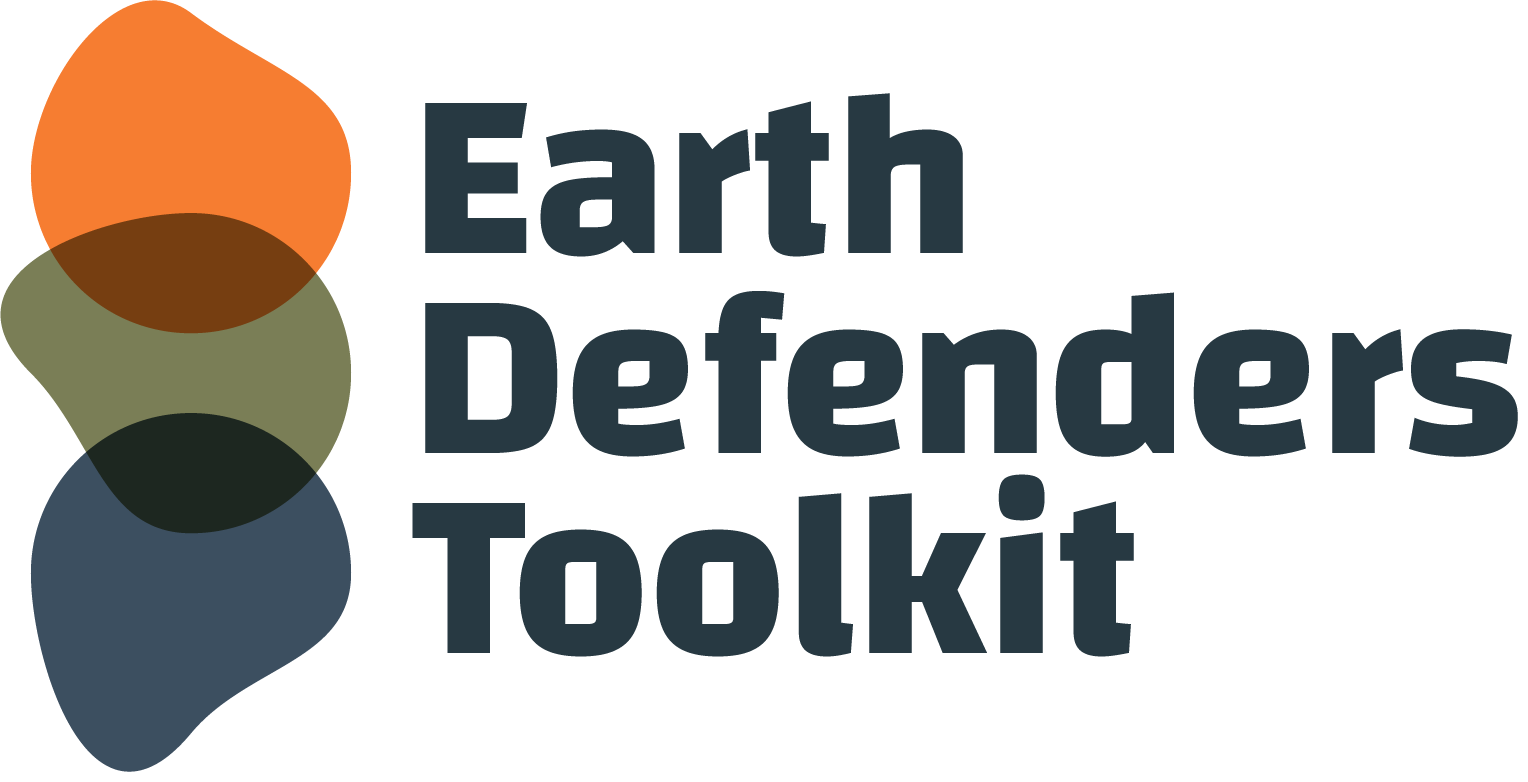I’ve been working a lot with ODK / Kobo lately, and would like to propose an update to the content on the EDT Toolfinder.
Add Computers Locally Available (since you can use both tools in the browser when self-hosted locally).
Add Will enable us to have local or offline control of our data (since this is now a possibility)
OpenDataKit (ODK) and KoboToolbox are open-source applications for collecting, managing, and using data in resource-constrained environments. The tools allow for offline data collection with mobile devices in remote areas, using customized forms that users can design to meet their needs. The data can then be submitted to a centralized server (which can either be online or locally hosted), and data can be downloaded from the aggregate server and further processed (for example, in GIS software). Forms can be translated into multiple languages, and designed to be quite complex with nested (follow-up) and grouped questions, among many other things. You can record GPS location as well as draw polylines and polygons, and capture photos, audio, and video in the forms. You can use offline tiled maps to facilitate geospatial data collection in remote areas. There are form builders available with a user interface that enables you to lay out forms without having to do any coding. Both ODK and KoboToolbox use the same data collection form template called XLSform, and forms created in one application can work in the other.
While the mobile data collections apps ODK Collect and Kobo Collect are the same, there are some differences between the web servers; KoboToolbox provides some basic data visualization tools and has an easier interface, whereas ODK has some advanced data structures such as Entities which allow you to collect geospatial data about the same place or incident multiple times. Many earth defender communities have used both tools across the globe extensively for mapping and monitoring purposes, though frequently in collaboration with an NGO ally or technical expert who can help download and process the data for the community.
PROS:
- Very customizable form design allows for many possible use cases.
- Form builders enable the custom designing of forms without having to touch any code.
- The forms can be translated into any language; the form designer provides the text.
- For both ODK and KoboToolbox, there is an extensive community of users and developers that can help answer questions.
- Both tools work entirely offline and can work with offline maps that you provide.
- The software is free and open-source.
CONS:
- The applications rely on submitting data to a server (either online or self-hosted locally), which may result in long delays before data is accessible.
- Data processing once downloaded requires technical knowledge to explore and render in a legible way.
- It is not possible to view all data collected by multiple users without the means of a server.
- With low latency internet access, form submissions to an online server time out frequently.
